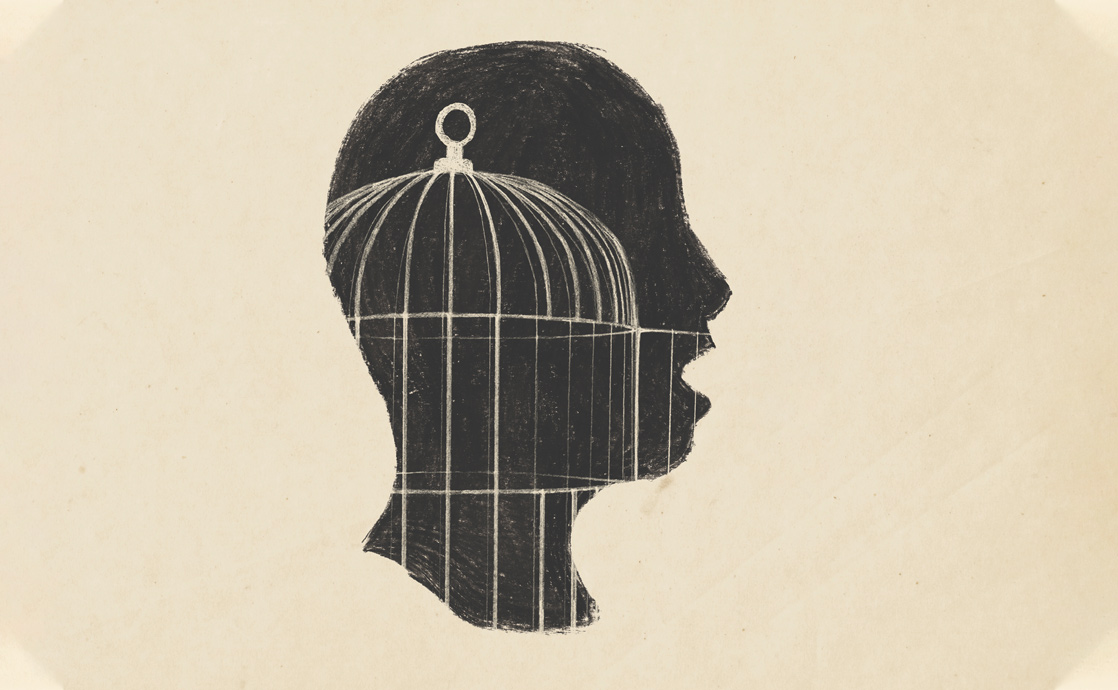In an age marked by unprecedented socio-political upheaval and cultural polarizations, the Bahá’í teachings provide an enlightening framework for fostering collective well-being through the decolonization of our minds. This multifaceted approach addresses not only the individual psyche but also extends to the collective consciousness of communities, advocating for a profound shift in perception and interaction with one another. The metaphor of ‘mind as a garden’ serves as a compelling illustration of how our thoughts and beliefs can flourish or wither based on the ideologies we cultivate.
To embark on the path of decolonizing our minds, it is imperative that we first acknowledge the insidious nature of colonialism in our thought patterns. This colonial residue manifests as biases, stereotypes, and entrenched power structures that perpetuate inequity and conflict. The teachings of Bahá’u’lláh call upon humanity to break these shackles, to cease viewing others through a prism of exclusivity and division. By tending to our mental garden and rooting out these detrimental beliefs, we can plant seeds of understanding, acceptance, and unity.
The process begins with self-reflection—an introspective examination of the subconscious beliefs that govern our interactions. This critical self-awareness enables individuals to identify prejudices ingrained by societal conditioning. It challenges the status quo and evokes a desire for transformative growth. The Bahá’í principle of the oneness of humanity underscores the importance of recognizing the inherent value of every individual, transcending race, nationality, or creed. Such an awakening fosters a collective ethos rooted in empathy and respect, allowing us to navigate the complexities of multicultural dynamics with grace and mindfulness.
In nurturing our mental landscapes, it becomes essential to engage in active dialogues that celebrate diverse narratives. This means creating safe spaces for the stories of historically marginalized communities to be heard and acknowledged. The Bahá’í teachings emphasize the significance of consultation—an approach that encourages open discourse, mutual learning, and collaboration. By partaking in these dialogues, we not only enrich our own understanding but also contribute to an environment conducive to healing and reconciliation.
The metaphor of the ‘garden’ extends further; it emphasizes the necessity of cross-pollination among diverse viewpoints. Just as a diverse array of flora leads to a more resilient ecosystem, the amalgamation of voices strengthens communal bonds. Engaging with different cultures and perspectives helps dismantle preconceived notions, fostering an atmosphere of collective inquiry. This intellectual cross-fertilization is paramount for the cultivation of innovative solutions to pressing global challenges.
Moreover, the decolonization of the mind requires commitment to lifelong learning—an ongoing quest for knowledge that equips us to adapt to new realities. The Bahá’í teachings advocate for the pursuit of education, emphasizing its role as a catalyst for personal and societal transformation. Education imparts critical thinking skills, allowing individuals to scrutinize inherited beliefs critically. When approached with an open mind, education acts as a powerful antidote to dogma, enabling the dismantling of entrenched biases.
As we endeavor to create collective well-being, the significance of spiritual principles cannot be overstated. Bahá’í teachings revolve around the idea that spiritual development is interwoven with social advancement. By embracing virtues such as kindness, compassion, and justice, individuals can manifest a collective spirit that nurtures well-being. The commitment to service—a core tenet of the Bahá’í faith—encourages active participation in one’s community, transcending self-interest and promoting the common good. Through acts of altruism, we fortify the communal fabric, creating networks of support and shared responsibility.
Cultivating collective well-being also involves acknowledging and addressing structural inequities that pervade society. Decolonization encompasses a profound critique of power dynamics and an unapologetic commitment to justice. The Bahá’í principle of equality between men and women serves as an exemplar for this endeavor. Gender equity is not merely a facet of social justice; it is woven into the very fabric of collective prosperity. When individuals of all genders are allowed to flourish, the entire community benefits, leading to more holistic and harmonious development.
In synthesizing the tenets of Bahá’í teachings with the decolonization of the mind, we recognize the intricate interplay of personal and communal well-being. The journey is not one of isolation but of collective awakening, where the blooms of wisdom and compassion flourish together. Each individual, akin to a unique flower in the garden, must be nurtured to achieve their fullest potential, contributing to an interdependent ecosystem.
Ultimately, the pursuit of collective well-being through the decolonization of our minds is a transformative endeavor that reverberates far beyond individual experiences. It embarks on the noble quest to cultivate a global spirit of unity and peace, enhancing our shared humanity. Like seeds carried by the wind, the ideas and actions that arise from this decolonization can take root in fertile ground, nurturing a world where understanding prevails over division, and collective well-being blossoms into the shared heritage of all. In this ever-evolving narrative, we must remain steadfast in our commitment to cultivating our mental gardens, knowing that in doing so, we contribute to a vibrant future that embraces the beauty of diversity and the power of unity.
